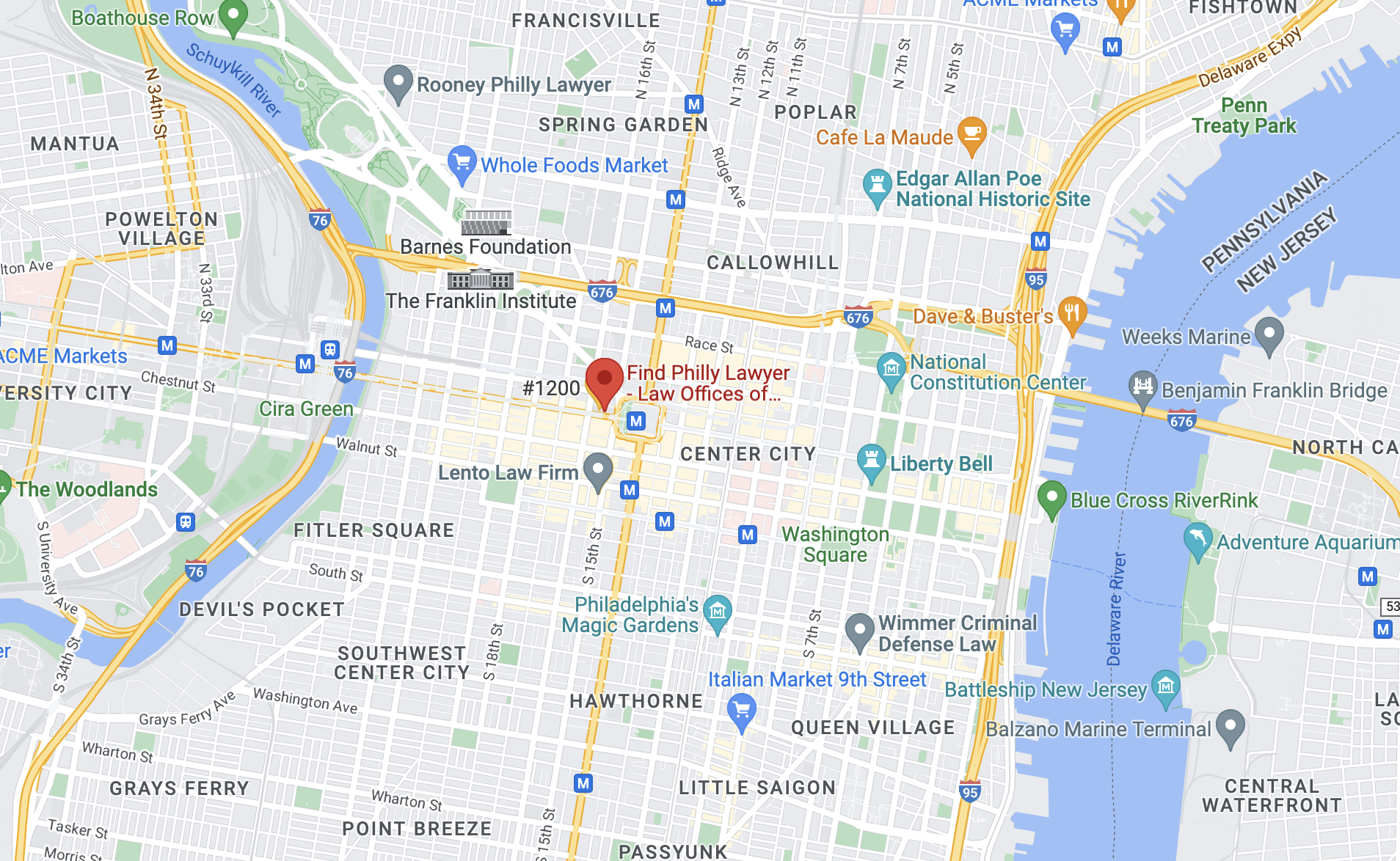Medicare and Medicaid fraud are serious offenses in Pennsylvania. The penalties for committing health care fraud will depend on whether a defendant is charged with state or federal crimes. Medicare and Medicaid fraud can be committed by patients, physicians, and various other parties in the healthcare system. That is why it is important to understand the consequences of committing this crime. If you or a family member was arrested for health care fraud, you should consult with an experienced Pennsylvania Medicare fraud lawyer today.
The Liberty Law Team understand the uncertainty that may come with being charged with a serious offense like health care fraud and we are here to stand with you. Criminal lawyer Lonny Fish possesses several years of criminal law experienced, and he is prepared to use that experience to help you with your defense. You do not have to fight your case alone, call The Liberty Law Team at (215) 826-3314 for a free legal consultation.
Medicare and Medicaid Fraud Laws
There are multiple criminal statutes that address various types of health care fraud. Violating these statutes can result in severe penalties despite whether the person who committed the crime was a patient or a health care provider. The following is a list of health care fraud laws that detail the requirements to be arrested for Medicare and Medicaid fraud.
Health Care Fraud Statute
The Health Care Fraud Statute states that it is illegal to knowingly perpetrate a plan to defraud a health care program like Medicare or Medicaid. If a defendant is convicted of committing a criminal act under this statute, they can serve up to 10 years in prison and owe up to $250,000 in criminal fines.
It is also important to note that the prosecution does not need to prove specific intent to convict a defendant for this crime. That means that the prosecutor only has to show that you voluntarily committed the offense without having to prove that you had a certain mental state while committing the offense.
False Claims Act
The False Claims Act deals with civil liability stemming from fraudulent acts to abuse the Medicare or Medicaid system. For example, if a defendant engaged in the billing of services they did not provide or services that were not needed, this is a violation of the False Claims Act.
While this statute deals with civil cases that can be filed against an offender, it is also possible to be charged with a criminal offense under this statute. Defendants that knowingly commit an offense under this statute are subject to a maximum of five years in prison and criminal fines of $250,000.
Anti-Kickback Statute
The Anti-Kickback Statute bars payments made to reward or induce patient referrals. For example, if a physician paid another doctor’s office so that the office would consistently refer patients to their practice, both parties would be in violation of the Anti-Kickback Statute. If a defendant is convicted of illegally referring patients, they can serve up to five years in prison and owe up to $25,000 in fines.
Additionally, the penalties for violating this statute can be multiplied depending on how many times a physician engaged in kickbacks. For example, a doctor can be fined $50,000 per kickback plus three times the amount of money paid for a referral.
It is also important to note that if the physician is permitted to continue the practice of medicine, they will likely be excluded from participation in federal health care programs. That means they may not be able to accept business from patients covered by Medicaid or Medicare.
Physician Self-Referral Law
The Physician Self-Referral Law, also known as the Stark law, makes it illegal for physicians to refer their patients to use their Medicare or Medicaid benefits at a medical institution that the physician has a financial relationship with. A financial relationship may include owning an interest in a company or having an agreement for compensation with a health care company.
Health care services that a physician cannot use as a referral under the Stark law include:
- Clinical lab services
- Radiology services
- Physical therapy
- Outpatient prescription drugs
- Prosthetics
- Home health services
This is not an exhaustive list. With the number of financial penalties and the length of criminal sentences associated with Medicare and Medicaid fraud, you should ensure that you are not engaging in any practices that can trigger criminal and civil penalties.
Philadelphia Medicare Fraud Defense Attorneys You Can Trust
If you or a family member was charged with Medicare or Medicaid fraud, you should contact an experienced Philadelphia Medicaid fraud attorney today. The Liberty Law Team are dedicated to providing our clients with the unique legal representation they deserve. We avoid taking a large volume of cases so that each client’s case receives the attention it needs. To schedule a free legal consultation to discuss your claim, contact The Liberty Law Team at (215) 826-3314, or contact us online.



 Liberty Law Team
Liberty Law Team  (215) 826-3314
(215) 826-3314 lonny@libertylawteam.com
lonny@libertylawteam.com





